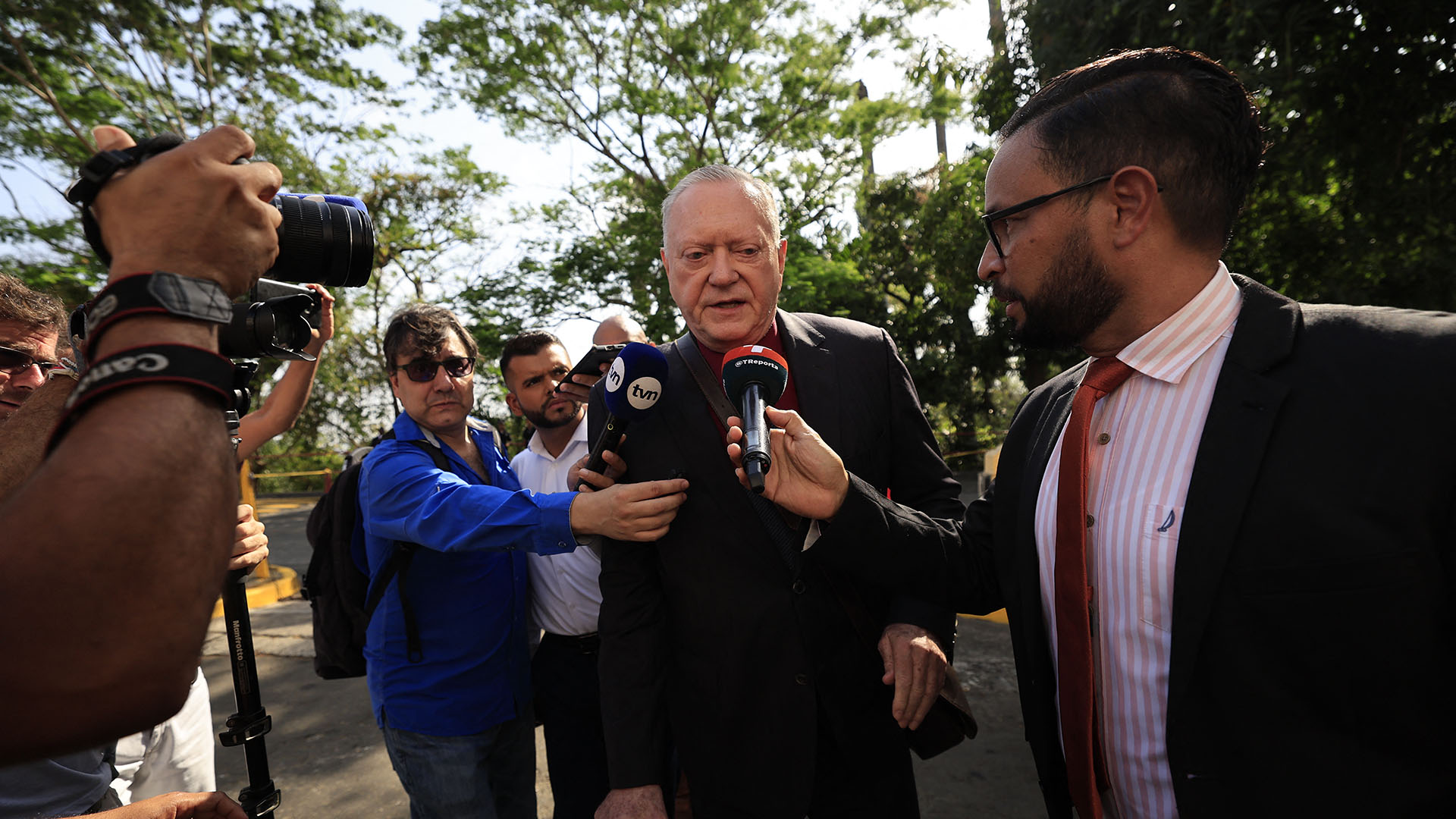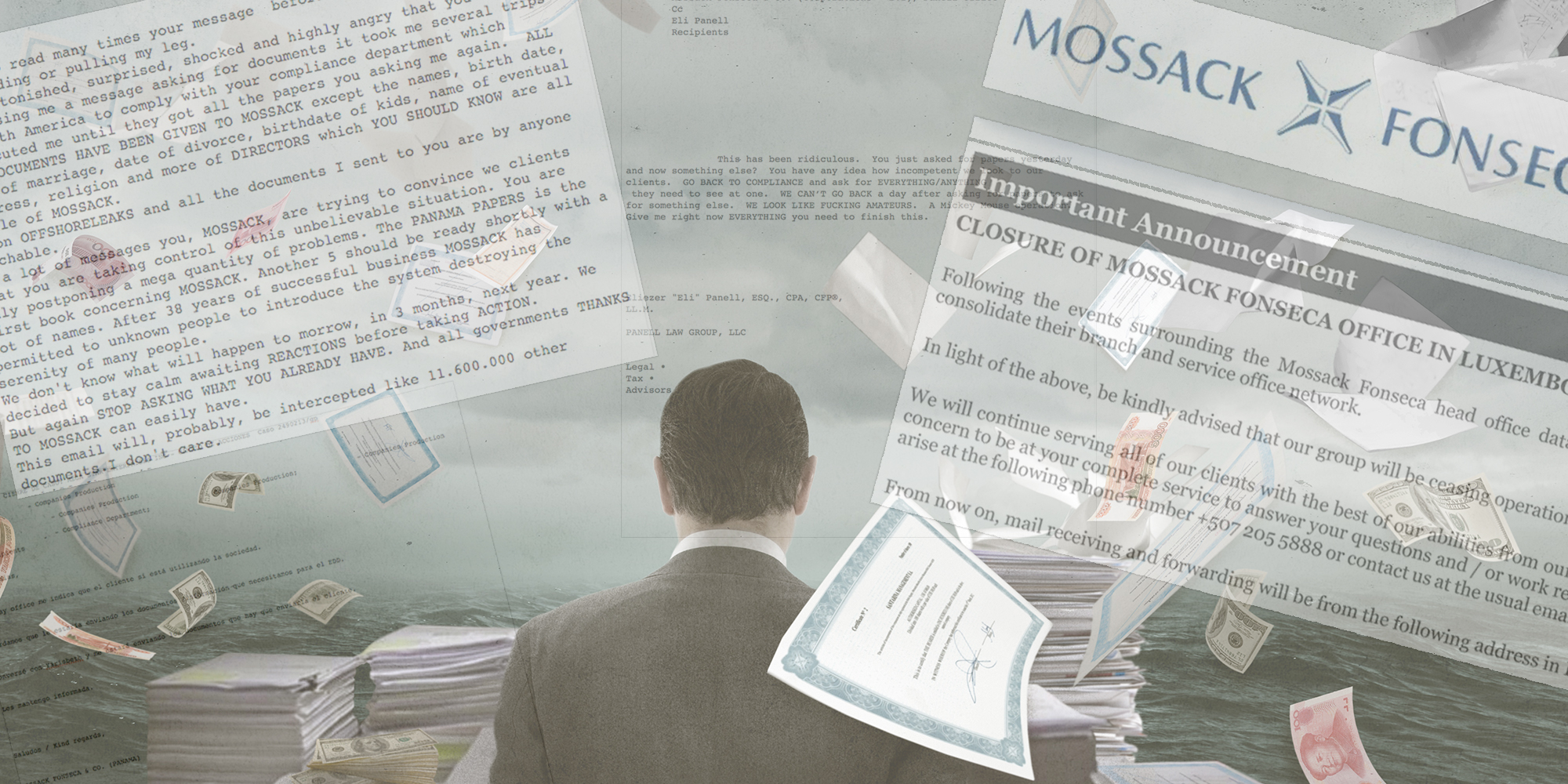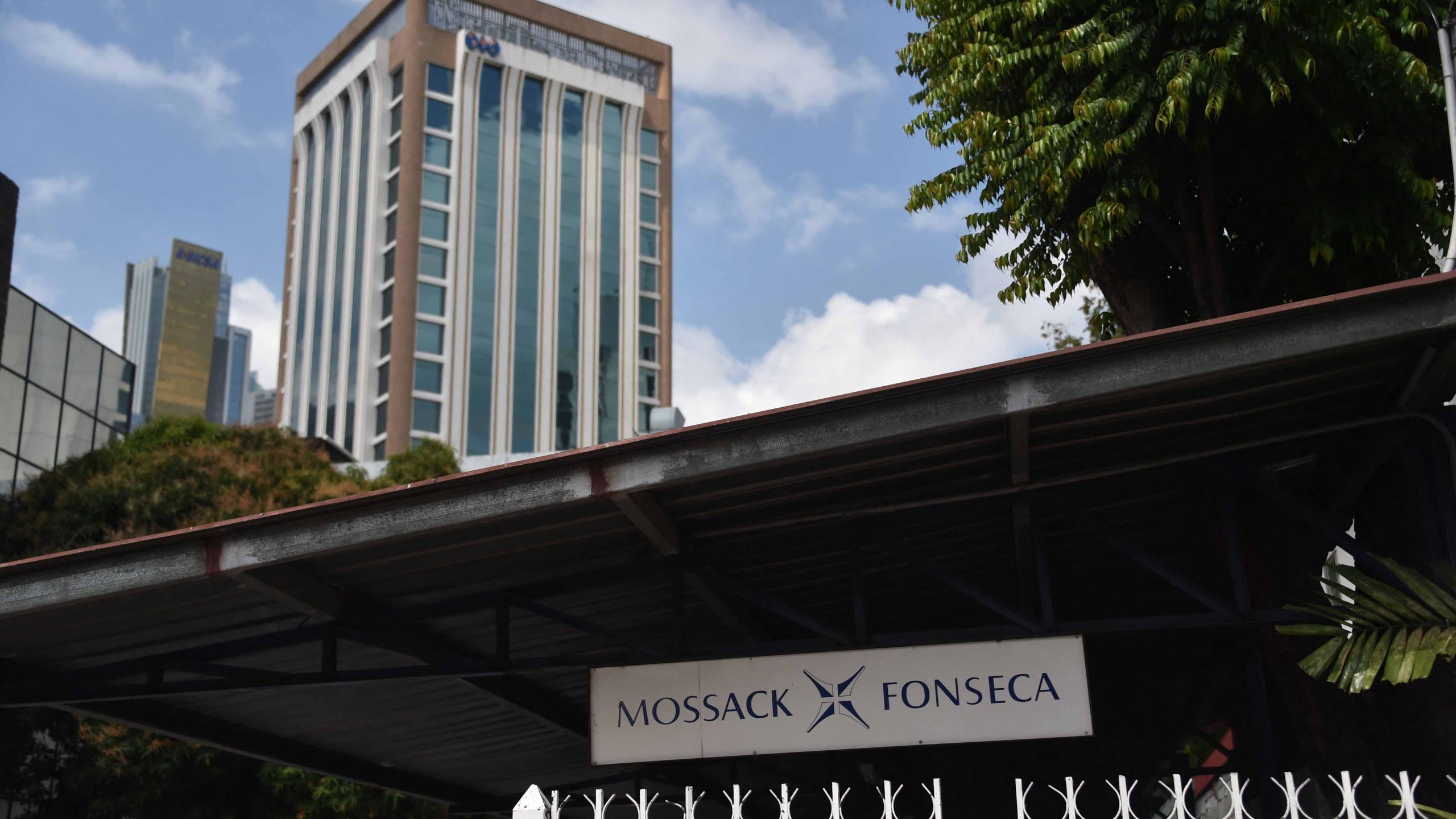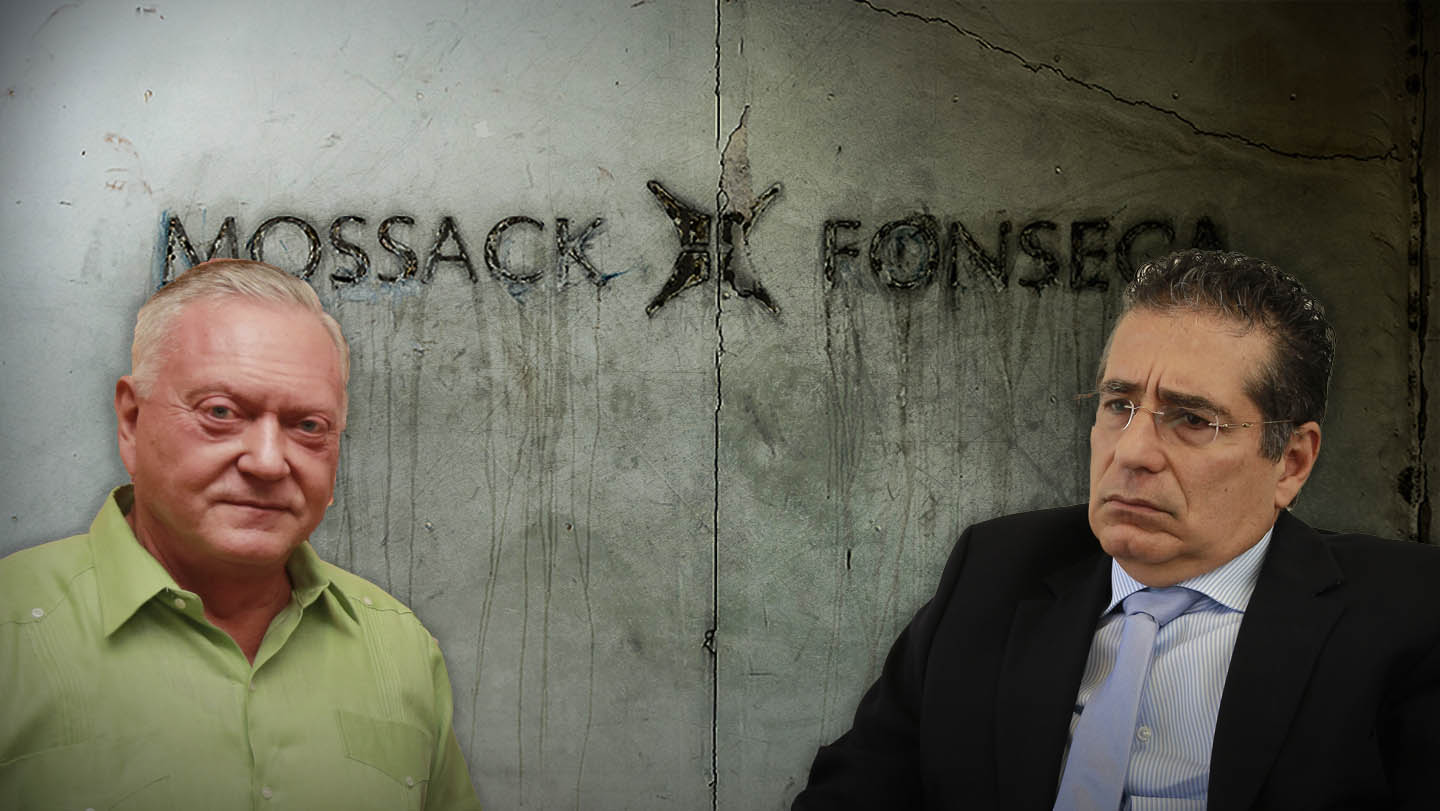IMPACT
Panama Papers trial begins with denials eight years after historic tax evasion exposé
Twenty-seven people face money laundering charges in the long-delayed hearing at a courtroom in Panama’s Gil Ponce Palace of Justice.

Eight years after the International Consortium of Investigative Journalists and more than 100 media partners worldwide broke the first Panama Papers revelations, a landmark money laundering trial stemming from it has commenced in a Panamanian criminal court.
Twenty-seven people are being tried, including Jürgen Mossack and Ramón Fonseca Mora, the founders of the now-shuttered local law firm at the center of the scandal.
The 2016 Panama Papers investigation remains one of the largest cross-border journalistic collaborations in history and has become shorthand for financial chicanery and political corruption in the public imagination.
Based on a trove of 11.5 million files leaked to German newspaper Süddeutsche Zeitung and shared with ICIJ, the Pulitzer Prize-winning investigation exposed the offshore financial secrets of world leaders and other powerful public figures, triggering protests, government probes and the resignation of Iceland’s prime minister.
Both Mossack and Fonseca have repeatedly denied any involvement in illegal activities. In 2022, both were acquitted in a separate Panamanian money laundering case after a judge ruled the prosecution failed to prove the law firm handled or tried to hide illicit funds by setting up offshore accounts for Brazilian construction giant Odebrecht.
Mossack was present in the courtroom when the new trial began on Monday, AP reported, while lawyers for Fonseca said their client was in hospital. Mossack told reporters outside the Gil Ponce Palace of Justice that he felt “very optimistic.” “If there is true justice, we will get out of this,” he said.
Jürgen Mossack se siente “muy optimista” este lunes en el inicio del juicio por los Panama Papers.https://t.co/4bms3CYKNs pic.twitter.com/Vo0vTVCuHd
— La Prensa Panamá (@prensacom) April 8, 2024
Judge Baloisa Marquínez Morán is overseeing the case in which former employees of the now-defunct law firm are accused of setting up shell companies to acquire properties in Panama with money from the so-called “car wash” corruption scheme in Brazil, dubbed “Lava Jato” in Portuguese. The trial will also cover Mossack Fonseca’s alleged role in a bribery scandal involving German company Siemens.
La Prensa reported that during the hearing a court official read out a definition of money laundering under Panamanian law, emphasizing that participation in the crime can be direct or indirect.
Since the Panama Papers investigation, Panama has adopted new anti-money laundering legislation. However, the alleged crimes in this case predate parts of the law, which could complicate prosecutors’ efforts to achieve convictions. In a related case, Panama’s supreme court concluded that the creation of shell companies or trusts used for tax fraud could not be considered a crime if the entities were incorporated before 2019.
“The crux of the matter is whether a crime was committed in Panama or not with the regulations of the moment,” lawyer Carlos Barsallo, who served as president of Transparency International Panama from 2019 to 2021, told AFP.
In October 2023, Panama was removed from financial crime watchdog FATF’s gray list but the Central American country remains on the European Union’s tax haven blacklist.
Other ex-employees of Mossack Fonseca, including Sandra Alejandrina Naranjo, Luis Adonay Martínez, George Allen, Leticia Montoya and King Franklin Taylor, are facing charges, according to La Prensa. All of the defendants pleaded not guilty.
Prosecutors had requested a trial for 32 people but four are reportedly fugitives. The trial is scheduled to run until April 26 and is being live-streamed on YouTube.


